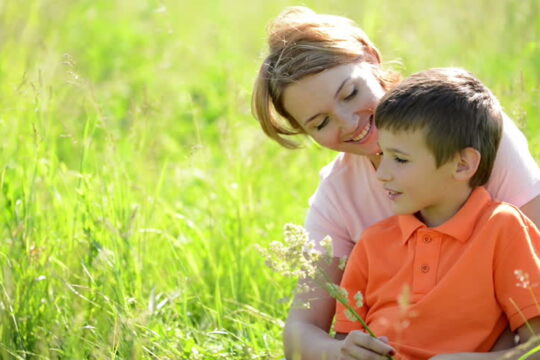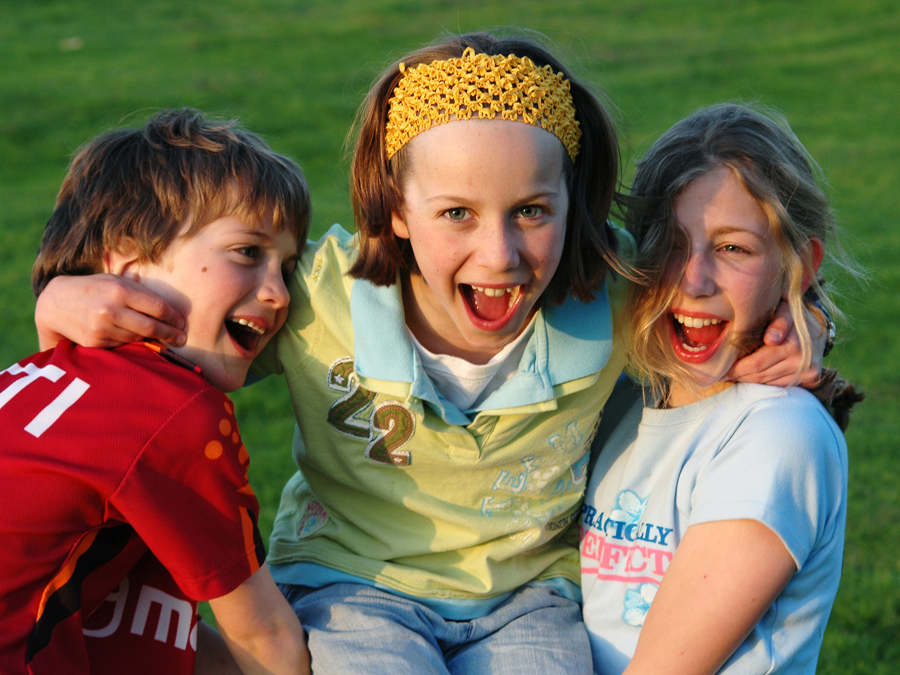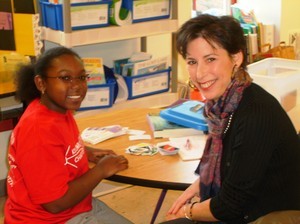 Child development and mentoring is becoming more and more popular. A mentor is a caring adult friend how spends time with a child or young person. Child development and mentoring can help a child adjust to difficult situations. A mentor is not meant to replace a parent or guardian. A mentor rather is there to echo and reinforce the positive values taught by a parent or guardian.
Child development and mentoring is becoming more and more popular. A mentor is a caring adult friend how spends time with a child or young person. Child development and mentoring can help a child adjust to difficult situations. A mentor is not meant to replace a parent or guardian. A mentor rather is there to echo and reinforce the positive values taught by a parent or guardian.
The process of child development and mentoring helps a child discover their strengths. It also helps children reach their full potential. The goal of child development and mentoring is to help a child or young person define personal goals. It is also the goal of this program to help the child or young person find ways to achieve their goals.
Child development and mentoring can help a child:
- Set career and life goals and start the process to realize them.
- Plan a school project.
- Think and work through school and domestic problems.
- Make healthy day to day diet choices as well as exercise goals.
Child Development and Mentoring Settings
Because each child is different, each mentoring program will be different as well. Child development and mentoring can benefit from many different settings. A mentor may choose to meet in a park or at the museum. They may choose to engage 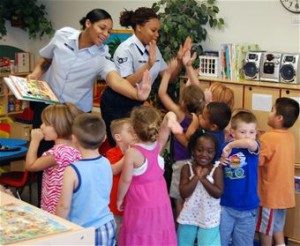 in a sporting activity to get to know the child better.
in a sporting activity to get to know the child better.
A popular setting for child development and mentoring is at school. There the mentor and child can talk, walk, play games, or work on school projects together. There are four main settings for child development and mentoring:
- In the community – Here a child or young person can develop relationships with multiple adults. They can go outside specific sites like movies, mall etc. It can also include life skills development and career path counseling.
- In the Schools – Child development and mentoring in schools can have a dramatic positive effect on the drop out rate of high school students. It has the convenience of taking place right before or right after school. In Schools, children can form relationships with one or more adults. They can get mentoring in school sports, projects, and assignments.
- In Church – Child development and mentoring in church helps to instill spiritual and moral values into children. It also encourages faith in action. This setting typically is in a worship center and usually takes place after school and/or on weekends. It can serve children who are members or just in the community. It can also offer career and life counselling for teens.
- E-Mentoring – This type of mentoring takes place over the internet. The child and the mentor build a relationship through online messaging. E-mentoring makes mentoring available for children who otherwise may not be able to get the service. This is because of time constraints due to parents traveling for work, military etc. Mentors can be available almost any time and they can assist on many different projects.
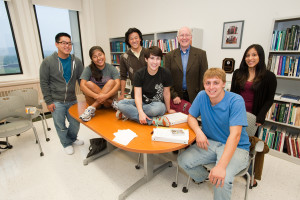 It is clear that child development and mentoring go hand in hand. It helps children grow up to be responsible adults. Child development and mentoring programs must include parents and guardians. Children need a circle of positive adults around them. Mentoring is one way parents can get support in raising their child. So if you are looking for something to help inspire your child, try a child development and mentoring program.
It is clear that child development and mentoring go hand in hand. It helps children grow up to be responsible adults. Child development and mentoring programs must include parents and guardians. Children need a circle of positive adults around them. Mentoring is one way parents can get support in raising their child. So if you are looking for something to help inspire your child, try a child development and mentoring program.







